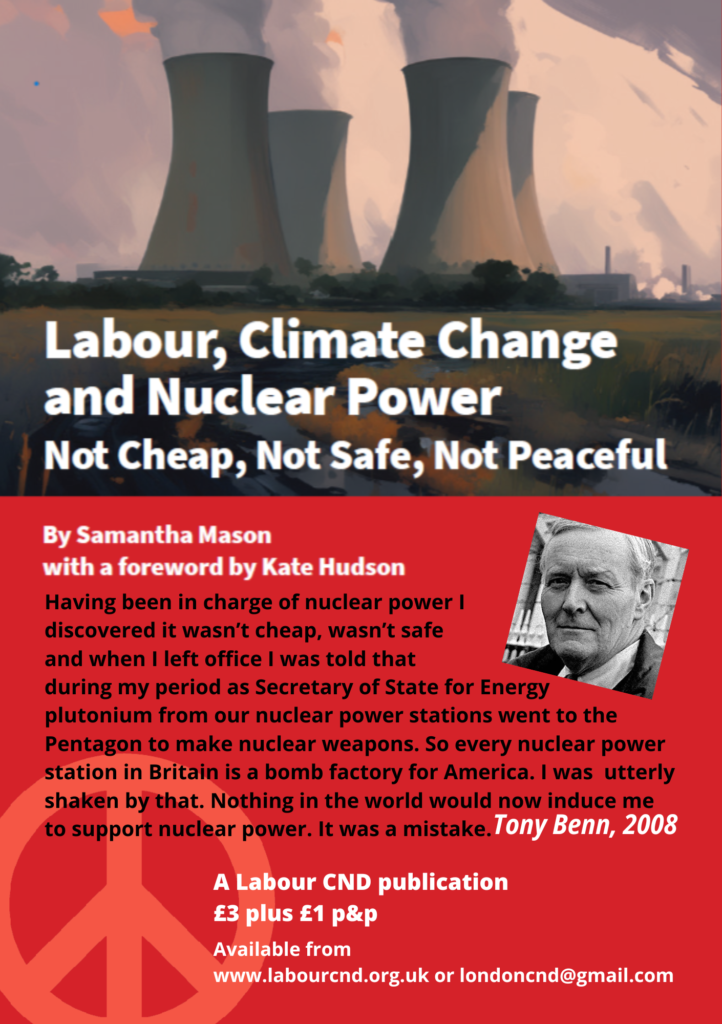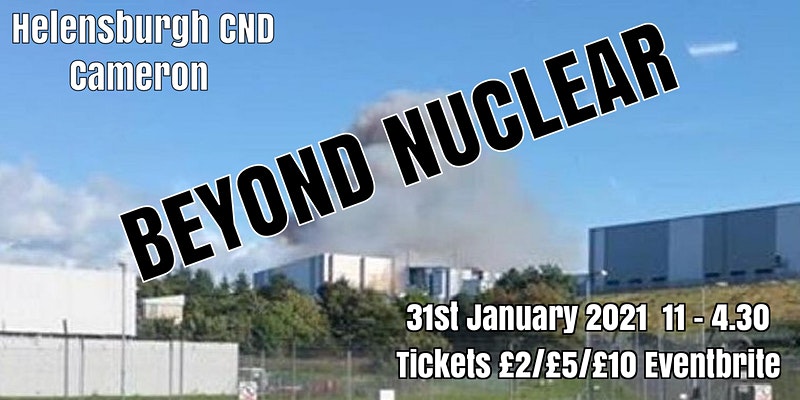In her latest blog, Samantha Mason addresses issues from the King’s speech on the opening of parliament.
ATTENTION ON CLIMATE CHANGE HAS UNDERSTANDABLY
taken a back seat as we’ve watched the horror of events unfolding in Gaza and mobilised around the call for a ceasefire and peace. However, as climate campaigners have pointed out, including in a letter to Ed Miliband, fighting for the “cause of freedom and dignity for the Palestinian people” is not separate from the colonial violence and dispossession which is also at the heart of the climate crisis.
There’s no bigger action for climate change
than achieving peace for Gaza
The impacts of climate change continue apace as 2023 is likely to be declared the warmest on record. The UN Secretary General’s call for the world to end the madness of the fossil fuel age which is driving don’t seem to have reached the ears of the UK government who is forging ahead with the issuing of new oil and gas licences in the North Sea.
The oil and gas bill announced in the King’s Speech follows Rishi Sunak’s statement in September pledging a “pragmatic, proportionate and realistic approach to reaching net zero“. This also included the removal of energy efficiency standards for private landlords, condemning renters to totally avoidable high energy bills – a point well made by the UK Green Building Council and Royal Institution of Chartered Surveyors (RICS).
Of course, this is all part of the new ‘Uxbridge’ narrative of the government being ‘on the side of car drivers’ pushing-back on a number of measures including targets to ban the sale of petrol and diesel cars. Unfortunately, the science of climate change doesn’t care about political posturing and the only reality here is that we cannot put off until tomorrow what we should be doing today.
Any new oil and gas in the North Sea won’t benefit
UK energy consumers because we don’t own it
Likewise, financial and health burdens will also certainly not be ‘eased’ for people as a result. Any new oil and gas produced in the North Sea will not be to the benefit of UK energy consumers as we don’t own it. It is therefore false to say it will help bring down bills – a point the new Secretary of State for DESNZ Clair Coutinho has finally conceded.
There are undoubtedly costs in transitioning to a decarbonised economy and these should not be falling on workers in terms of jobs, pay and other terms and conditions, or hard-pressed communities. These costs should be ‘proportionately’ distributed and socialised by ending the greed of fossil fuel corporation profits and bringing all energy assets back into public ownership. Not least when we see the renewables sector trying to fashion itself on a fossil fuel ‘for profit’ business model.
A crisis in the offshore wind industry, not just impacting the UK but in Europe and the US as well, has seen the main offshore wind farm developers pulling back from bidding in government auctions. Big players such as Ørsted and Vattenfall have also pulled out of projects due to issues of “profitability” as inflation and higher interest rates have increased costs.
And the idea that nuclear power will be an answer to the energy and climate crisis is also starting to wobble (unsurprisingly) on financial grounds. The ‘poster child’ for small modular reactors (SMRs), NuScale in the US, has ended a major project on basis of costs defeating one of the primary arguments for SMRs that they can be built more quickly and cheaply. Indeed, many technological fixes being proposed for tackling climate change such as Carbon Capture and Storage and Direct Airsource Capture are proving to be the false solutions many climate campaigners have always argued.
The idea that nuclear power is an answer to
climate change is starting to wobble
It is clear that climate change will be one of the battle grounds in the next general election and this should not be allowed to turn into binary choices of cars over clean air or arbitrary fiscal rules. Right now, we need a coherent long-term plan that aligns reducing greenhouse gas emissions with addressing the energy, health, and cost of living crises all of which are inter-connected. Similarly, the plan needs to recognise the need for global cooperation and climate justice. This should be seen as an opportunity for the Labour Party to provide a real alternative to Tory climate and environmental policies that will continue to cause long-term harm to us all.
At the end of November, the global climate talks – COP28 – will take place in Dubai. There is little faith in these talking shops that fail to address the fossil fuels in the room and on 9 December there will be a Global Day of Action with mass demonstrations planned across the globe. In the UK these are being coordinated by the Climate Justice Coalition.
People everywhere have risen up for Gaza and it’s possible, sadly, we may yet be coordinating joint actions that day. Whether this is the case or not, one thing is clear, there is no bigger action for climate change than achieving peace for Gaza, or other areas of the world suffering conflicts, and it must remain an integral part of our climate demands.



